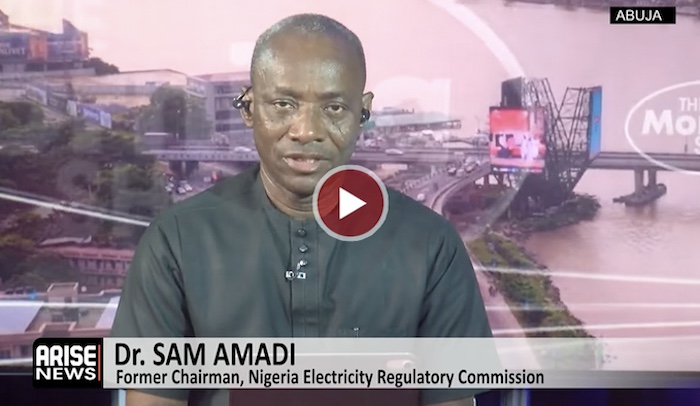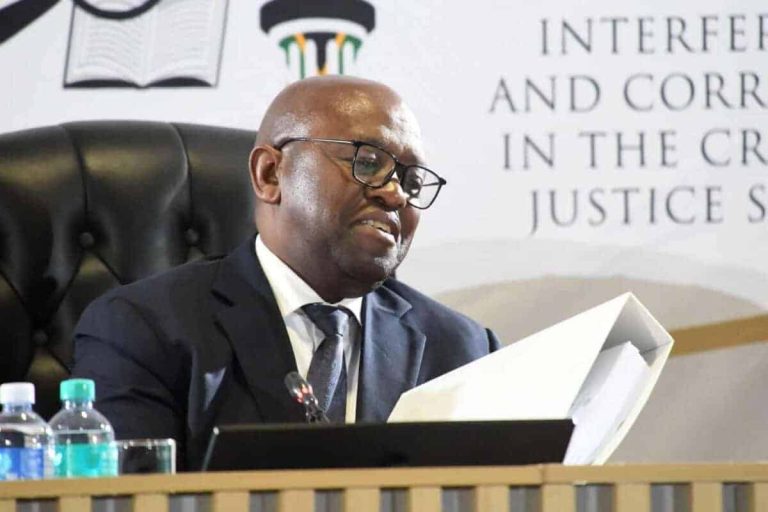

Former Chairman of the Nigerian Electricity Regulatory Commission (NERC), Dr. Sam Amadi, says Nigeria’s successful integration into the West African Power Pool (WAPP) strengthens investor confidence, expands regional electricity trading opportunities and supports long-term market stability, warning that the development offers no immediate improvement in electricity supply for Nigerian homes and businesses.
In an interview with ARISE NEWS on Sunday, Amadi explained that the milestone is significant for the power sector but must be properly understood within its regional and domestic limitations. “Significant in some measure, the proposal was to have a West African power pool, which is basically saying you want to create a regional electricity market where loads can be dropped anywhere in West Africa, just like in Europe.”
He explained that while the integration marks a technical achievement synchronising Nigeria’s grid with those of neighbouring West African countries, it primarily benefits electricity producers, especially independent power producers (IPPs) that have long struggled with constrained local off-take. “Again, we know that many of our grid suppliers, some of our new IPPs, are finding it difficult to maybe send loads. They have capacity more than the Nigerian market can receive for now because of constraints of transmission network, congestion, distribution failures, and so on and so forth. Now, what West African Power Pool could do for them is that it is already now, some of the Lagos area, some of those Indian IPPs are sending small, small bilateral trading with some of those Nigerian or Benin Republic companies there. So with this integration, you can then in the short term keep those companies financially buoyant because they’re selling power to the West African market easily, even if the Nigerian market is constrained or congested, as the case might be.”
Amadi said access to the wider market eases financial pressure on generators and may encourage further investment. “So if you’re a Nigerian company generating power here, you’ll find that you could scale up some power to Benin, Côte d’Ivoire, Ghana, and so on and so forth, all the West African countries.”
But he emphasised that Nigerians expecting immediate relief from the move should adjust their expectations. “In terms of quick, immediate gain to Nigerian consumers, not much really, if any, because at this point, your distribution capacity in-house, in-country, let me put it that way, remains the same.”
“Our problem in Nigeria remains the fact that we’ve not had structural coherence in terms of our expansion of the grid. For example, today, the generators claim, with some validity, that they can generate 8,000, perhaps going to 10,000 megawatts, But the story is that you can’t send 5,000 to home.”
Amadi also raised concerns about the risks that come with regional grid integration, especially given Nigeria’s vulnerability to system failures.
“When you integrate, you now can source risk and vulnerability from anywhere. So if Nigeria’s grid is vulnerable, it could affect the whole system. And if in other countries, the system is vulnerable, it can affect. So it also calls for caution here, and the fact that we must make sure that maybe we build redundancies and isolations, that if something goes wrong in the republic, we will ultimately have this market pull. It calls for risk, it calls for systemic risks, and that’s the point you’re right to make.”
Despite these concerns, he said the integration still represents a positive technical step for the region, showing that West African countries can coordinate and harmonise power systems at a sophisticated level. “Again, let’s not forget that if there were better, stronger West African countries that have capacity, generate a lot of power, it can be a win-win, in the sense that they can also send power to Nigeria to make up for shortfall, and then we are integrated, we get more, better power. But here, Nigeria is still the leading supplier, so it’s like Europe, where an integrated market could mean much more symbiotic benefits for everybody. Here, it’s still a low-value proposition.”
Erizia Rubyjeana



